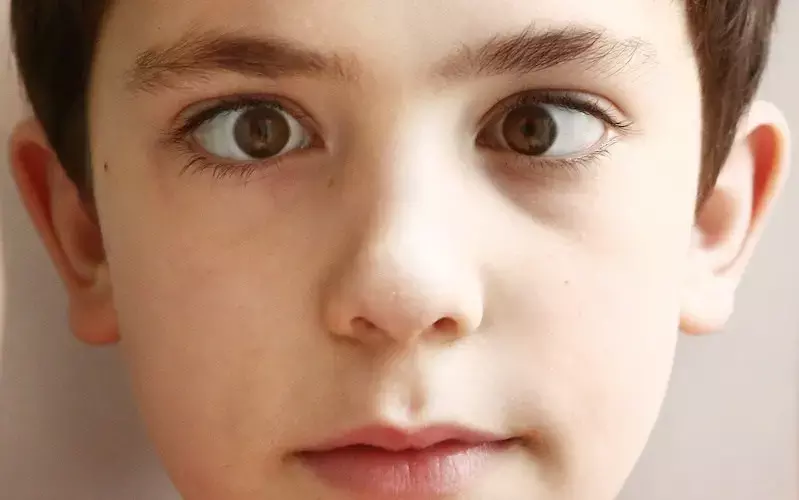- Home
- Medical news & Guidelines
- Anesthesiology
- Cardiology and CTVS
- Critical Care
- Dentistry
- Dermatology
- Diabetes and Endocrinology
- ENT
- Gastroenterology
- Medicine
- Nephrology
- Neurology
- Obstretics-Gynaecology
- Oncology
- Ophthalmology
- Orthopaedics
- Pediatrics-Neonatology
- Psychiatry
- Pulmonology
- Radiology
- Surgery
- Urology
- Laboratory Medicine
- Diet
- Nursing
- Paramedical
- Physiotherapy
- Health news
- Fact Check
- Bone Health Fact Check
- Brain Health Fact Check
- Cancer Related Fact Check
- Child Care Fact Check
- Dental and oral health fact check
- Diabetes and metabolic health fact check
- Diet and Nutrition Fact Check
- Eye and ENT Care Fact Check
- Fitness fact check
- Gut health fact check
- Heart health fact check
- Kidney health fact check
- Medical education fact check
- Men's health fact check
- Respiratory fact check
- Skin and hair care fact check
- Vaccine and Immunization fact check
- Women's health fact check
- AYUSH
- State News
- Andaman and Nicobar Islands
- Andhra Pradesh
- Arunachal Pradesh
- Assam
- Bihar
- Chandigarh
- Chattisgarh
- Dadra and Nagar Haveli
- Daman and Diu
- Delhi
- Goa
- Gujarat
- Haryana
- Himachal Pradesh
- Jammu & Kashmir
- Jharkhand
- Karnataka
- Kerala
- Ladakh
- Lakshadweep
- Madhya Pradesh
- Maharashtra
- Manipur
- Meghalaya
- Mizoram
- Nagaland
- Odisha
- Puducherry
- Punjab
- Rajasthan
- Sikkim
- Tamil Nadu
- Telangana
- Tripura
- Uttar Pradesh
- Uttrakhand
- West Bengal
- Medical Education
- Industry
Strabismus in children tied to mental illnesses: JAMA

USA: A recent study published in JAMA Ophthalmology has suggested a moderate association between strabismus and schizophrenia, anxiety disorder, depressive disorder, and bipolar disorder but not substance use disorder.
Previous studies have shown that children with strabismus have decreased quality of life and poorer functional vision than those without strabismus. Considering this, Yoon H. Lee, University of California, Los Angeles, Los Angeles, and colleagues aimed to evaluate the association between strabismus and mental illness among children in a cross-sectional study.
For this purpose, the researchers analyzed data from the OptumLabs Data Warehouse, a longitudinal de-identified commercial insurance claims database from 12 005 189 patients enrolled between January 1, 2007, and December 31, 2017, in the health plan. Those younger than 19 years at the time of strabismus diagnosis, enrolled in the health plan between 2007 and 2018, and having at least 1 strabismus claim were eligible for inclusion in the study.
Children in the same databases with no eye disease codes other than refractive error reported were controls. A comparison of demographic characteristics and mental illness claims was done.
The study led to the following findings:
- Among the 12 005 189 patients (50.8% were boys; mean age, 8.0 years) in the study, adjusted odds ratios for the association of mental illnesses with strabismus were 2.01 for anxiety disorder, 1.83 for schizophrenia, 1.64 for bipolar disorder, 1.61 for depressive disorder, and 0.99 for substance use disorder.
- There was a moderate association between each strabismus type (esotropia, exotropia, and hypertropia) and anxiety disorder, schizophrenia, bipolar disorder, and depressive disorder; odds ratios ranged from 1.23 for the association between esotropia and bipolar disorder to 2.70 for the association between exotropia and anxiety disorder
"These findings suggest that there was a moderate association between strabismus and anxiety disorder, schizophrenia, bipolar disorder, and depressive disorder but not substance use disorder," wrote the authors.
"Recognizing that these associations exist should encourage mental illness screening and treatment for strabismus patients," they concluded.
Reference:
Lee YH, Repka MX, Borlik MF, et al. Association of Strabismus With Mood Disorders, Schizophrenia, and Anxiety Disorders Among Children. JAMA Ophthalmol. 2022;140(4):373–381. doi:10.1001/jamaophthalmol.2022.0137
Dr Kamal Kant Kohli-MBBS, DTCD- a chest specialist with more than 30 years of practice and a flair for writing clinical articles, Dr Kamal Kant Kohli joined Medical Dialogues as a Chief Editor of Medical News. Besides writing articles, as an editor, he proofreads and verifies all the medical content published on Medical Dialogues including those coming from journals, studies,medical conferences,guidelines etc. Email: drkohli@medicaldialogues.in. Contact no. 011-43720751


